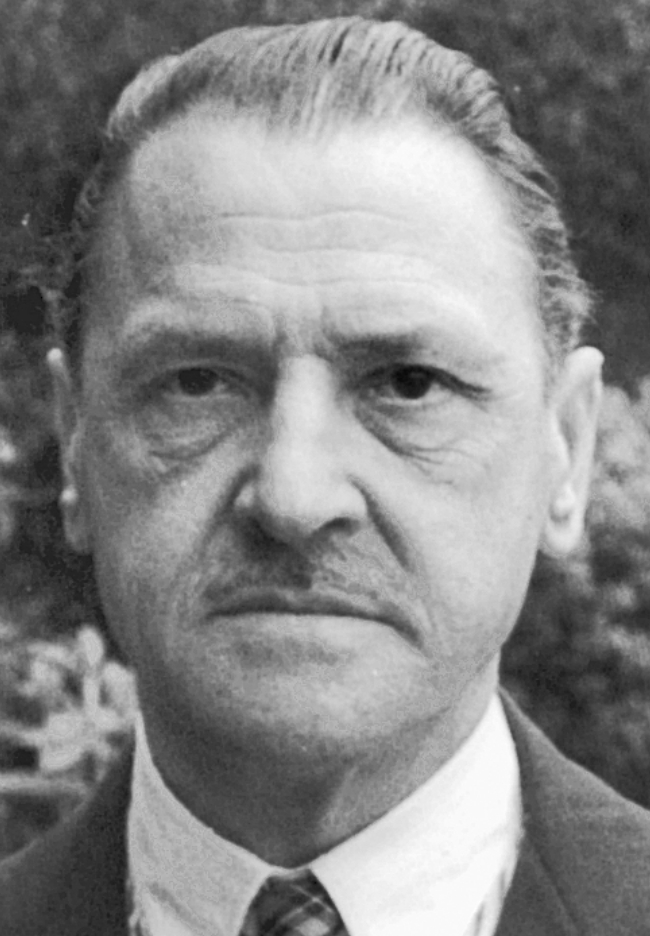On this date in 1874, William Somerset Maugham was born in Paris, where his father was an attorney with the British Embassy. He was orphaned by the time he was 10 after his father died of cancer and his mother of tuberculosis. He underwent medical training at St. Thomas Hospital in London, becoming a doctor in 1897. After publishing his first novel, Liza of Lambeth (1897), Maugham left his medical career to pursue writing. His literary skill and concise writing style helped him become an accomplished novelist, playwright and short-story writer.
He is most famous for writing the semi-autobiographical novel Of Human Bondage (1917). His other popular works include The Moon and Sixpence (1919), Cakes and Ale (1930), The Razor’s Edge (1944) and the short story “Rain” (1923). He married Syrie Wellcome following her divorce from Henry Wellcome in 1917. The marriage was unhappy and they divorced in 1928. They had one daughter, Mary Elizabeth, born in 1915. Many of Maugham’s significant relationships were with men. Frederick Gerald Haxton, his American secretary, was his lover and companion from 1914 until Haxton’s death in 1944.
Maugham was a nonbeliever who saw no need for religion. “I remain an agnostic, and the practical outcome of agnosticism is that you act as though God did not exist,” he wrote in his memoir The Summing Up (1938). In the notebook he kept from 1892-1949, he discussed his lack of religious beliefs more extensively: “I’m glad I don’t believe in God. When I look at the misery of the world and its bitterness I think that no belief can be more ignoble.” (A Writer’s Notebook, 1949.)
He continued in his notebook: “The evidence adduced to prove the truth of one religion is of very much the same sort as that adduced to prove the truth of another. I wonder if that does not make the Christian uneasy to reflect that if he had been in Morocco he would have been a Mahometan, if in Ceylon a Buddhist; and in that case Christianity would have seemed to him as absurd and obviously untrue as those religions seem to the Christian.” (D. 1965)


